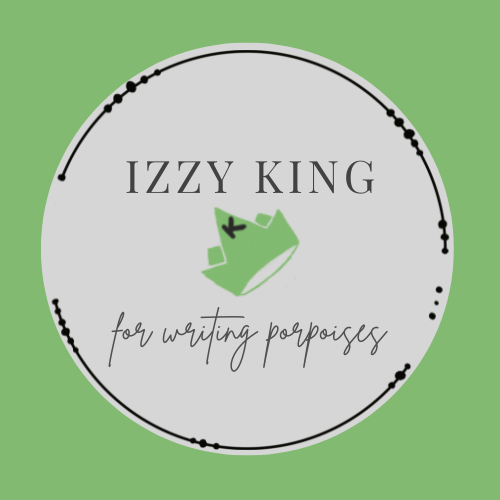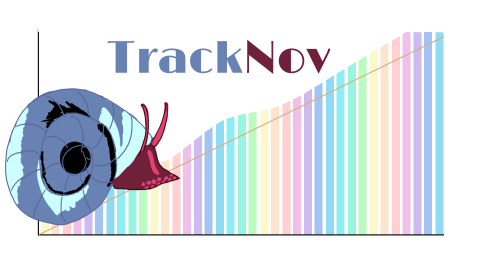I struggled with writing the first line to this post. Should I start with the quote? Something about imperfection and bad drafts? I wrote an outline for this post, but the introduction evaded me. Then I thought: the honesty of it was the best way to start. The blank page taunts so many of us, and I’m no stranger to it.
This post is inspired by the Jodi Picoult (author of My Sister’s Keeper, among others) quote: “You can always edit a bad page. You can’t edit a blank page.” To me, this quote means imperfection is better than not at all. Writing a bad draft is something many of us fear, but you can always edit a bad draft. You can’t edit a draft that doesn’t exist. Writing something is better than nothing.
If you struggle with the blank page (like me), here are some suggestions for getting you over that hump.
Bad Draft
Write a bad draft! This is the first and most obvious answer. Just write something on the page, whether it’s a stream of consciousness babble or a poorly done version of the scene you have in your head. Eventually, you can edit the draft and make it better.
A bad draft is not a reflection on you as a writer. We all write bad drafts; it’s just a fact of the writing process. That’s why we edit and make it sparkle later.
Prompts
If absolutely nothing is coming to you, you can try using prompts to spark some creativity. Both Reedsy and Tumblr have great prompts for writers of all kinds, but you can also Google for genres, pairings, settings, etc if you need something a little more specific to your tastes or story.
Small Goals
Start with small goals. Say, 100 words for the day. Once you meet your goal, you can either stop because you accomplished what you set out to do, or you can keep going because you have the momentum now. You can also move the goalpost as you hit it, up and up, until you’ve written way more than you intended!
Don’t pressure yourself to write something big starting off if that’s not your style. Some people work best with challenging goals, but that’s not for everyone. Sometimes, you need to start small and work up to something bigger.
Start Later
Don’t have the starting scene in your mind? Write later in the story. What scene do you have in mind? Get out the stuff that’s clawing to get out first. It’s okay to write out of order and come back to the beginning later. Maybe you’ll have an epiphany as you get to know your characters and setting better.
Conclusion
The blank page can be a major hurdle to overcome, but you can do it. Hopefully these tips help. If they don’t, don’t despair. Nothing is a one-size-fits-all when it comes to writing. What works for one writer might not work for another. Finding the thing that works is an important step for all writers. Good luck getting over that blank page!


